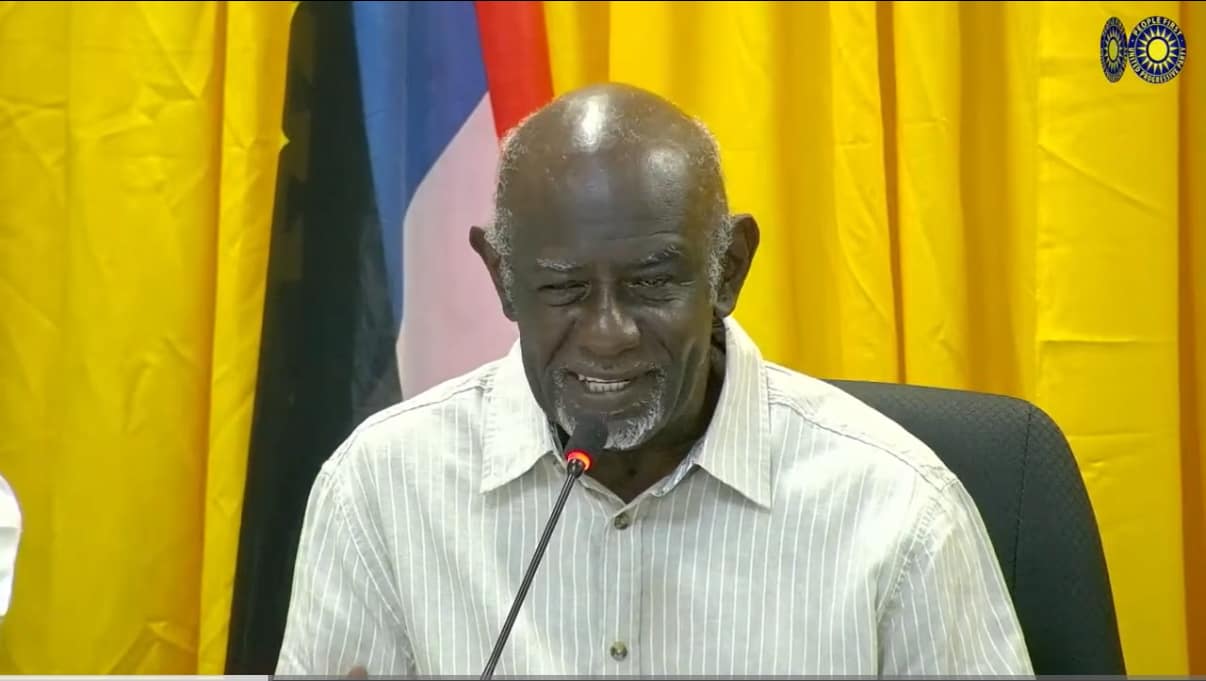Hazel Spencer, a former Cabinet Secretary, has proposed that rotating staff across government departments could significantly enhance accountability and curb corruption. Drawing from his extensive experience as a customs officer, Spencer highlighted the benefits of regular reassignment, a practice that was standard during his tenure in the Customs Department. He shared these insights during the question-and-answer segment of the Vehicle Gate town hall meeting, emphasizing the detrimental effects of allowing employees to remain in the same position for extended periods. According to Spencer, such stagnation fosters familiarity, complacency, and, in some cases, collusion. “In my days in the Customs Department, we were rotated,” Spencer recalled. “Sometimes you end up down at the distillery, sometimes at the airport, sometimes you board a ship — all different functions in customs. You could not get too comfortable in one place.” Spencer suggested that reintroducing this practice across various departments, especially those managing public finances and procurement, could strengthen oversight and prevent scandals like the alleged EC $17 million vehicle procurement controversy currently under investigation. He stressed that internal safeguards, such as staff rotation, complement broader financial controls mandated by law. Earlier in the session, Spencer outlined the critical roles of Cabinet approval, Finance Ministry verification, and Treasury oversight in maintaining accountability. He warned that corruption thrives when any link in this chain fails. “People talk about systems failing,” he said. “But systems only fail when people stop doing what they are supposed to do. Rotation helps remind everyone that public office is about service, not comfort.” Spencer’s remarks align with a broader call from panelists at the town hall for institutional reform, transparency, and stricter enforcement of financial regulations. He underscored that good governance is not merely about rules on paper but also about the daily discipline of those tasked with enforcing them.
Spencer Recommends Staff Rotation to Strengthen Oversight and Prevent Corruption
